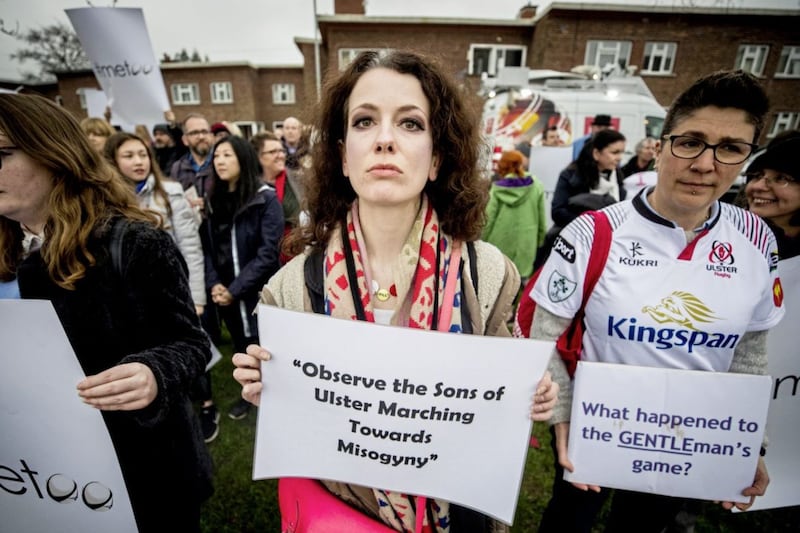The Dublin Rape Crisis Centre (DRCC) has called for more state funding to deal with the "public health epidemic of sexual violence" in the Republic and cope with increased demand for its services.
The organisation's latest annual report showed the number of people contacting the centre who had suffered rape and other sexual violence increased last year.
In 2018, 13,949 people contacted the DRCC.
The figures represented an increase of 4 per cent on the previous year.
Of those, more than 13,300 contacted the centre through the 24-hour helpline, equating to some 270 people contacting the helpline every week.
More than 500 people received face-to-face therapy appointments.
DRCC chief executive Noeline Blackwell said the Irish government must deal with the "public health epidemic of sexual violence we're now recognising".
"There needs to be a whole of government approach with proper funds invested," she told RTÉ's Morning Ireland.
"That's not only good for the people who are victims, it's actually good for us as a society as well."
Ms Blackwell added that while the problem of sexual violence had always existed, there was now a greater awareness of it.
The report also found that 77 per cent of the callers to the helpline were women, while 22 per cent were men.
More than half of those who contacted the helpline were first-time contacts.
A third of people who disclosed the type of abuse suffered said that they had been victims of childhood sexual abuse.
Almost a fifth of adult rape victims said their abuser was a boyfriend or a partner.
The centre said a recent 10 per cent increase in state funding will help extend its services, but it will not meet what the DRCC believes will be an "ever growing demand".
DRCC chairwoman Ann Marie Gill said: "At this point, half-way through 2019, demand for the DRCC's services is higher than it has been for many years because more people than ever are disclosing and seeking help. The reality is that people need support in greater numbers than ever."
The centre also said that in the absence of firm data, it was impossible to say whether the increase in demand for its services was due to an increase in the level of rape and other sexual abuse, or because of a growing recognition by victims that they are not to blame.





